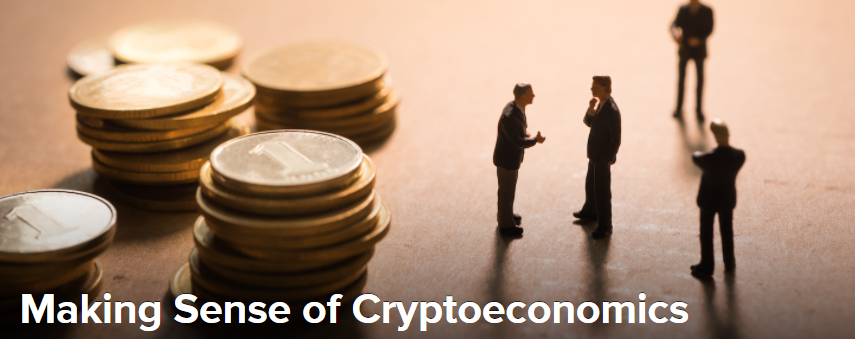US Jobs Growth Slows Less Than Expected; Bitcoin Slips From $20K

The monthly employment situation report, released by the Labor Department, has become one of the most important economic indicators to watch as the Federal Reserve evaluates the state of the economy.
U.S. employers added 263,000 jobs in September, slightly more than expected but still reflecting a weakening labor market.
Bitcoin (BTC) fell about 2% following the release of the report by the Bureau of Labor Statistics as the better-than-expected number gives the Federal Reserve less leeway to opt for a slower rate hike at the next monetary policy meeting in October. Easing off could have reduced downward pressure on prices for risky assets such as stocks and cryptocurrencies.
The jobs number reveals a significant slowdown in hiring from August, when the U.S. added 315,000 positions, but nevertheless could cause concern for central bankers who have been trying to cool down a very tight labor market for the bigger part of the year.
“With this jobs report it seems clear we are on course for another significant hike from the Fed, with the market pricing in a 75bps rise in interest rates at its next meeting,” said Paul Craig, portfolio manager at Quilter Investors.
Unemployment rate
The unemployment rate was forecast by economists to remain at 3.7% but dropped to 3.5% instead, which is a level last seen in July and could be partly due to a decline in labor force participation from 62.4% to 62.3%.
As higher wages add to inflationary pressures, another important number that Federal Reserve officials are paying attention to is hourly earnings, which rose 0.3% in August on a monthly basis, a negative sign for the Fed.
U.S. financial markets are down this year as policymakers have raised interest rates at rapid increments of 75 basis points, or 0.75 percentage points, in hopes to bring 40-year high inflation under control. In recent rate-hiking cycles, the Fed has rarely raised rates by more than 25 basis points at a time.
But Fed officials say they aren’t ready to back off, and one of the reasons is the tight labor market.
“The labor market demand is still outpacing supply,” Cleveland Fed Chair Loretta Mester said in an interview with CNBC last week. “We’ve got to moderate both the labor market and product markets if we’re going to get inflation back down. At some point, once we get real rates up and we see more of that moderation in demand, […] then there’s some tradeoffs and then you need to be concerned, have you gone too far or is this a good place to stop? We’re not at that point yet.”
Fed funds
Traders in the federal funds futures markets have started to bet that the central bank might pivot soon and stop the rate hikes, especially with signs of a cooling labor market. Several Fed officials have pushed back against that idea.
“We have more work to do,” Minneapolis Fed President Neel Kashkari said on Thursday. “Until I see some evidence that underlying inflation has solidly peaked and is hopefully headed back down, I’m not ready to declare a pause. I think we’re quite a ways away from a pause.”










